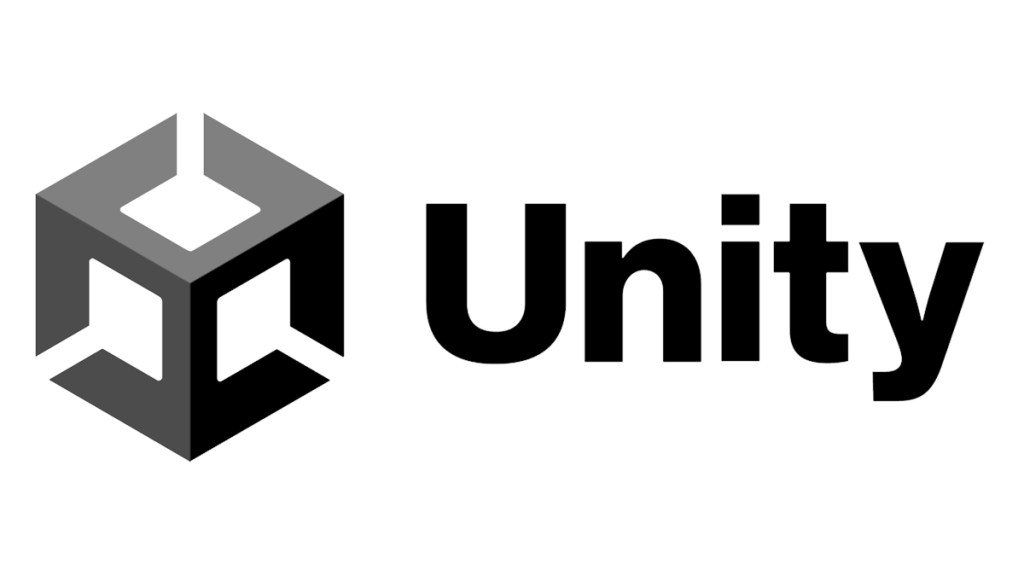A group of over a dozen game studios have begun a boycott of Unity in response to controversial changes to the licensing fees charged to developers who use the popular game engine. The company caused an uproar earlier this month when it announced that developers using Unity will be charged a per-install fee when their title surpasses a certain number of installations.
16 studios pull their Unity and IronSource ads in protest of Unity’s new Runtime Fee
As reported by Mobilegamer.biz, 16 studios have signed on to a boycott of Unity in protest of the new Runtime Fee policy for developers using the engine. Studios involved in the boycott have switched off Unity Ads and IronSource monetization in their titles with hopes that going after the company’s bottom line will force it to reverse the new Runtime Fee policy. Though the studios participating in the boycott at the moment are predominantly mobile game makers, the group has posted a collective letter calling for other developers from across the gaming industry to join in.
Under the new Runtime Fee policy proposed by Unity, which is headed by the controversial former EA CEO John Riccitiello, developers using the engine could potentially see the licensing fees they pay to the company skyrocket. One of the most contentious changes involves new pay-per-install fees, which would see developers paying a license fee each time a user installs a Unity game rather than being charged per sale. This could have a chilling effect on subscription services like PS Plus, where several Unity-based games are already available, as Sony could choose to no longer offer Unity titles to avoid the licensing fees.
The Unity engine has become a popular choice for many smaller developers over the years thanks in part to the previously low cost of its licensing fees compared to some other engines. The controversial changes to Unity’s Runtime Fee have already led Slay the Spire developer Mega Crit to take to Twitter stating it will no longer use Unity for its new game unless the policies are reversed. The fallout from the Runtime Fee changes could prove to be an unexpected boon for Epic Games if developers choose to use its popular Unreal Engine in lieu of the previously more affordable Unity engine.








